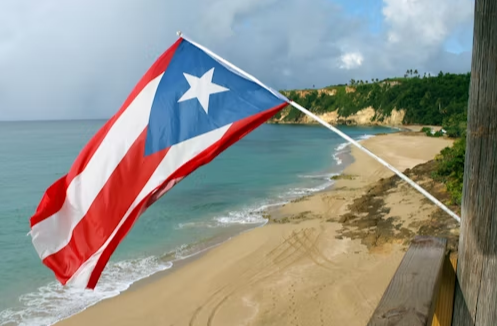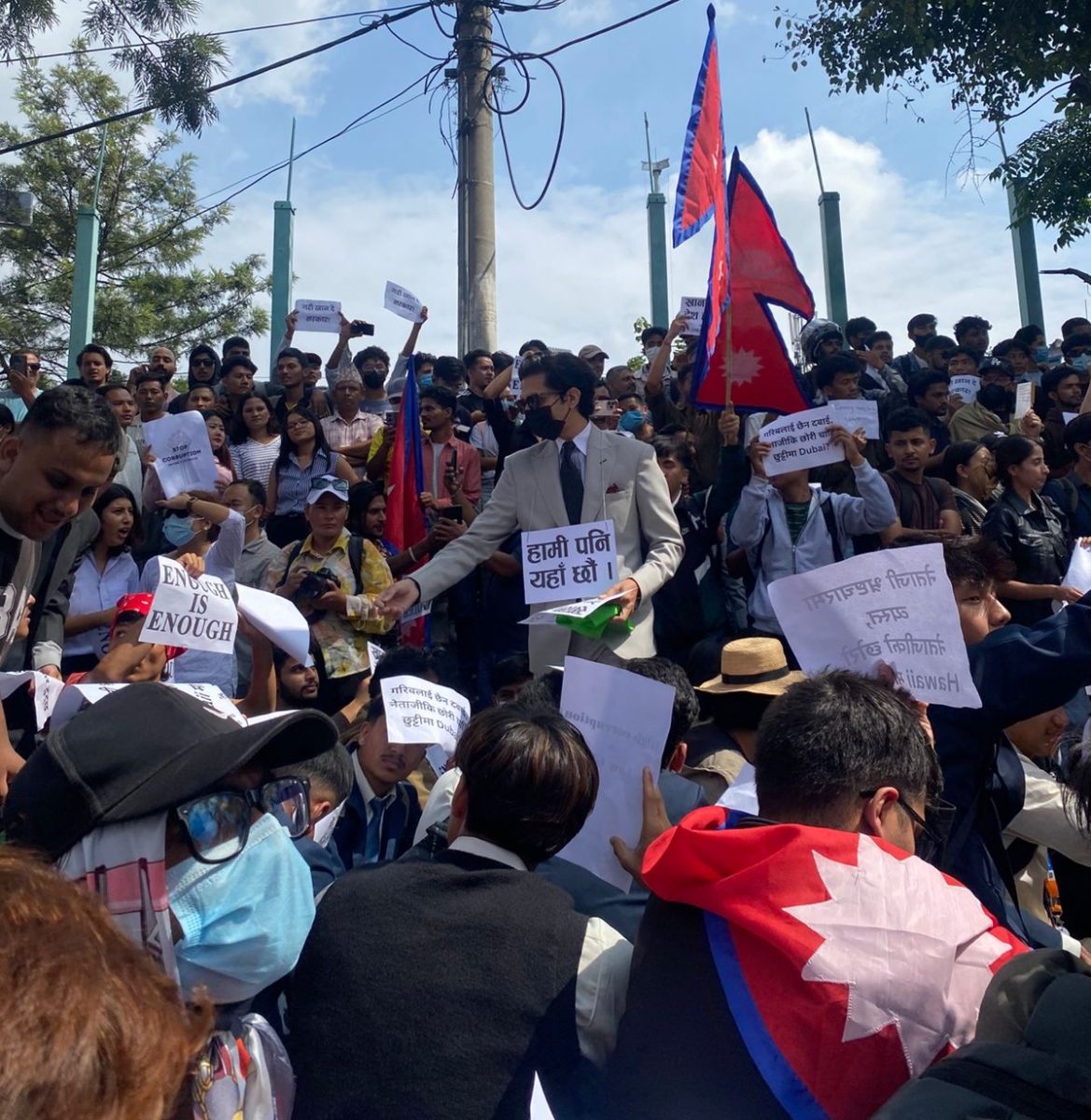Hurricane Helene recently brought destruction across the Appalachian mountains, but after the dust had settled, a long-term and possibly dangerous consequence is emerging: the shutdown of Baxter International’s IV plant in North Cove, North Carolina. The closing has triggered an immediate IV fluid shortage whose impact can be felt by hospitals and patients across the country.
IV fluids, or intravenous fluids, are injected into a patient’s bloodstream, usually during medical procedures such as surgeries. They are used to prevent dehydration or electrolyte imbalance, and are a crucial part of ensuring that surgeries go smoothly. As such, the lack of these fluids can lead to catastrophe.
Baxter International is a healthcare company that produces IV fluid and other healthcare products. According to the American Hospital Association, their IV plant in North Cove supplied the entire nation with about 60% of all IV fluids. Their shutdown led to a subsequent nationwide shortage and required the immediate institution of policies to conserve supply.
86% of healthcare providers nationally are experiencing shortages, with some smaller hospitals receiving none of the IV supply they ordered. Due to this massive problem, hospitals have been forced to ration supplies and postpone some surgeries that aren’t immediately life threatening – often called elective surgeries – including an operation on Green Hope English teacher Mr. Matthew Mayse.
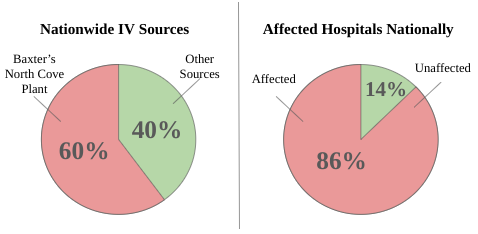
In an interview with the GH Falcon, Mr. Mayse described how he was personally impacted by this issue. When asked how the shortage had affected him personally, he explained scheduling a surgery was difficult given the scramble to conserve supplies. “I would have liked to have had the surgery scheduled during a time that works for me as a teacher, but because of the backlog, it took me a while to get the surgery scheduled.” He went on to discuss how despite the surgery being a relatively simple one, it has still taken a considerable amount longer than normal to plan and schedule: “I could have had it done two days after my first consultation. Instead, I’m having it done two weeks after.”
With an altered plan for an operation, there’s bound to be unseen complications. Mr. Mayse is facing a few of these himself, most specifically with the uprooted timing of the surgery. “I have to have the surgery during the week, which means I have to take days off of work. Taking days off of work means I have to use my sick days. It would be easier if I could time it myself, but I’m not able to do that and a lot of other people aren’t able to as well.”
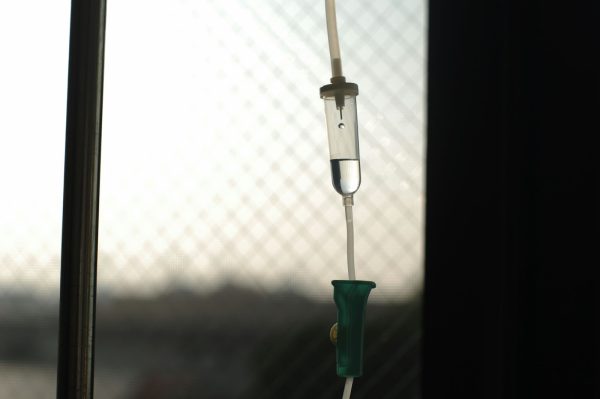
The effects this is already having on people are numerous, so what is being done to stop the chaos and ensure order and safety are restored? Baxter has declared that their recovery is going well, stating that all employees have returned to work alongside 1,000 remediation contractors assisting with site recovery. Employee support centers have been set up to provide the affected workers with basic needs. Baxter plans to restore 90-100% of IV production by the end of the year.
In addition to rationing supplies and postposing operations, the affected healthcare facilities have set up additional protocol. This has included keeping partially filled IV bags with patients, rather than connecting them to a new one when these patients are moved around the hospital. They have also switched to hydration through electrolyte drinks like gatorade and pedialyte. Some hospitals that have not been hit as hard by this shortage are also conserving IV fluids to assist with shortages at other hospitals.
The GH Falcon had the opportunity to talk to a healthcare worker who will remain anonymous who gave insight into how the healthcare system is responding to the challenges posed by Baxter’s recovery. They explained how this shortage had affected their work. “We have had updates every few days from hospital leadership with IV fluid conservation protocols to adhere to. Working in an outpatient setting, we are helping to conserve fluids for the critical care areas such as emergency departments, intensive care units and operating rooms where these fluids can be life-saving.”
The healthcare professional outlined what their organization had done to deal with the shortage, stating, “We’ve set up conservation protocols with strict outlines of what we can use the fluids for, limiting our usage.” They felt that the situation would best benefit from being dealt with at the source, and restated the importance of the IV fluid plant and the effect it has on the nation.
In a potentially controversial but necessary move, the Food and Drug Administration (FDA) approved the importation and usage of five international IV sources. While this might come with some controversy, it may assist in the recovery process. The healthcare professional agreed. “It’s likely necessary to keep IV fluids supplied throughout the United States until the manufacturing facility can be repaired.” They went on to reinforce the importance of these fluids, and said, “These fluids are used in so many different aspects in medicine and in providing care to patients.”
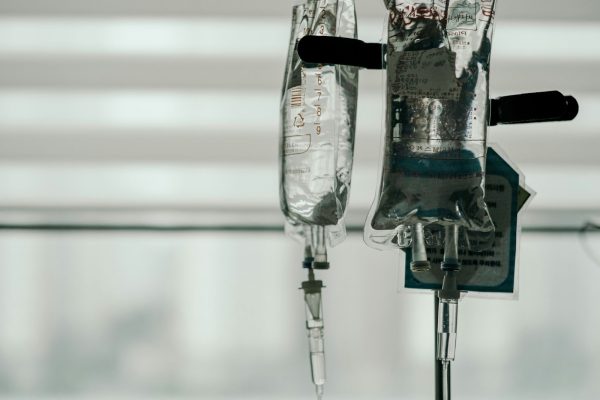
While certain healthcare professionals feel comfortable with using these imported fluids, it may present an issue to patients having the procedures done on them. In the interview with Mr. Mayse, he was asked if he would be comfortable using this imported fluid source. He voiced his concerns regarding the choice, discussing how he would prefer to be informed about the origin of these materials ahead of time. “I think I would want to be informed at least and get to make that decision. It could be that I’m told by the doctor that it’s all we have, but I would definitely be more comfortable with the sources they usually get the IV from.”
The situation affects people across the healthcare system in different ways, from patients receiving treatment to the workers administering it. From a medical standpoint, Mr. Mayse is not in a life-threatening position, but for more urgent situations, fluids need to be prioritized. The healthcare professional discussed how the hospital decides who needs IV fluids the most.
“The patients with the most medically dire need for fluids are clearly outlined and will receive IV fluids. In any emergency situation, it is always the elective surgeries that are canceled first, clearing the way for the most critical and needed operations to proceed.”The healthcare community nationwide is putting in additional effort to ensure that they can maintain patient safety and brave this supply crisis as smoothly as possible. As the FDA takes federal action, the Center for Disease Control gives professional recommendations, hospitals across the country implement new policies and Baxter continues to work towards recovery, the nation continues to feel the repercussions of Hurricane Helene.





